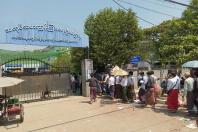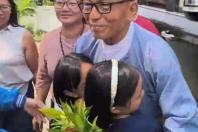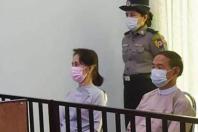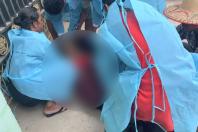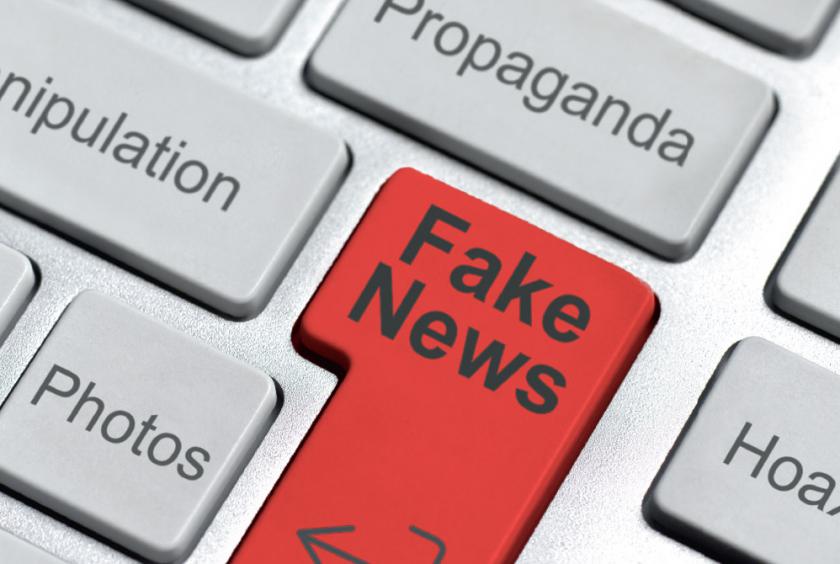
(Vientiane Times/ANN) - Widespread fake news and disinformation circulated on social media has threatened security and democracy and undermined social order, a workshop has heard.
In his opening remarks at the event, Deputy Minister of Information, Culture and Tourism, Mr Savankhone Razmountry, told Lao and foreign delegates and experts that the issue has become an international challenge, a threat to national security, and a nuisance to social order.
“These phenomena have been on the rise in both quantity and severity,” he told the half-day workshop held in Vientiane yesterday.
The workshop, under the theme “Freedom of Expression and the Challenges posed by Fake News and Disinformation”, is a side-event to the 9th Human Rights and Governance Dialogue between Laos and the European Union, which is scheduled to take place in Vientiane today.
Mr Savankhone said the Lao government’s policy is to give every person the right to freedom of information and the right to freedom of expression, and to support studies and publications that are lawful as stipulated in the country’s constitution, laws and international treaties to which Laos is a state party.
The government has set up the Lao Computer Emergency Response Team to manage, monitor, inspect, combat, suppress and eliminate cyber-crimes, including the dissemination of fake news and disinformation, to cope with the widespread circulation of fake news.
European citizens are concerned that fake news, which misleads public opinion, poses a threat to democracy when it comes to election campaigns.
Up to 83 percent of Europeans think fake news is a threat to democracy, according to the EU Delegation to Laos.
Some 73 percent of EU internet users are concerned about disinformation online in the run up to elections.
In his opening remarks, Ambassador and Head of the EU Delegation to Laos, Leo Faber, said the spread of disinformation “seriously harms the possibility for citizens to form views and take decisions based on verifiable information and news, and risks damaging their right to freedom of expression and the very basis of the democratic process.”
In this regard, the EU last December adopted the Action Plan against Disinformation. This comprises four main pillars – improving the capabilities of the Union’s institutions to detect, analyse and expose disinformation; strengthening coordinated and joint responses to disinformation; mobilising the private sector to tackle disinformation; and raising awareness and improving societal resilience.
Former Agence France-Presse (AFP) editor-in-chief Eric Wishart, who is currently responsible for special editorial projects for the agency’s global news management, said mainstream media needs to produce accurate and reliable news by verifying news and undertaking fact-checking.
He also underlined the need to form and strengthen partnerships among media organisations when it comes to fact-checking.
A foreign panelist said fake news should be clearly defined, saying US President Donald Trump rebuffed every criticism of his administration and himself as being fake news.
The panelist said there was evidence that disinformation or fake news had been released not only by unofficial sources, but also by state governments intentionally.
President Trump made 8,158 false or misleading claims in his first two years of the presidency, the Washington Post reported, citing the Fact Checker’s database. The foreign panelist noted that many advertisements published in media outlets and social media exaggerated and misled members of the public because they involved financial interests.
Covering this kind of story, “We need resilience and media literacy in order to enable people to make informed choices,” the panelist said, saying that some foreign governments influenced voters by spreading fake news.
Assistant Professor at the Journalism and Media Studies Centre, University of Hong Kong, Masato Kajimoto, said governments have to be transparent, especially in political campaigns, so that news campaign content and the money used can be checked and verified.


